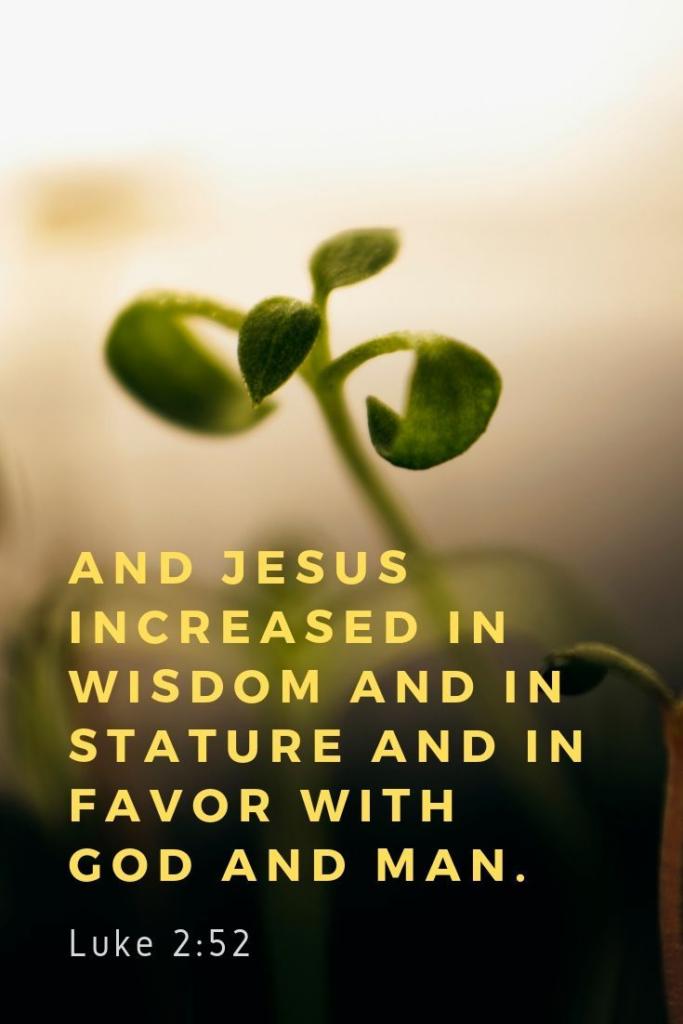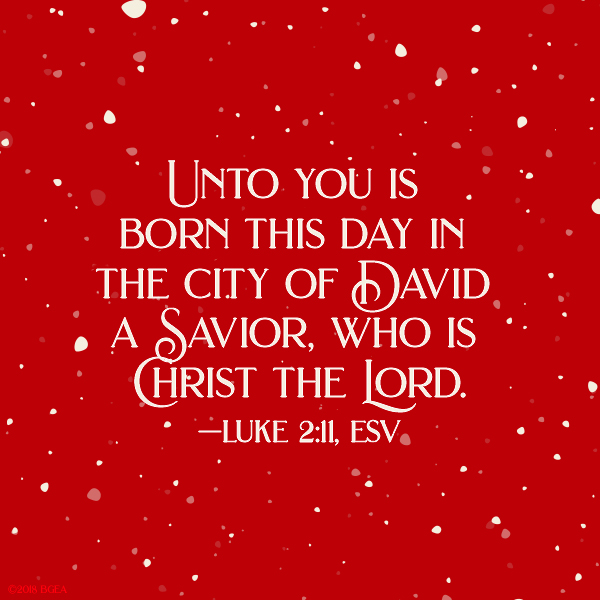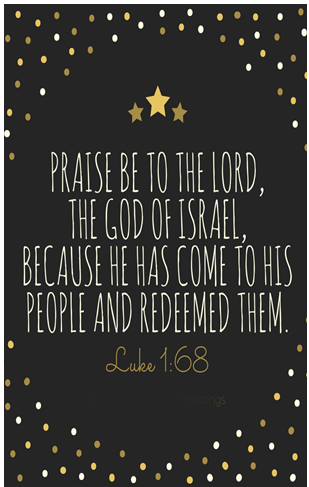Guest preacher and theological student, Daniel Hitchcock, spoke from Luke 9:18-27 about following Jesus. He asked his disciples who the people said he was and many were still perplexed. Then Jesus asks the disciples and Peter gets in right, “The Christ of God”. Jesus surprises as he explains what it means to be God’s chosen saviour and what it means to follow him. He knows he is going to the cross to suffer for our sin in our place. Following him through suffering sounds discouraging but the eternal reward is worth more than the whole world.
Message
Outline
- Taking up your cross sounds hard
- The secret of the Christ
- Fulfilling prophecy (Isaiah 53:1-12)
- Deny yourself and gaining forgiveness









